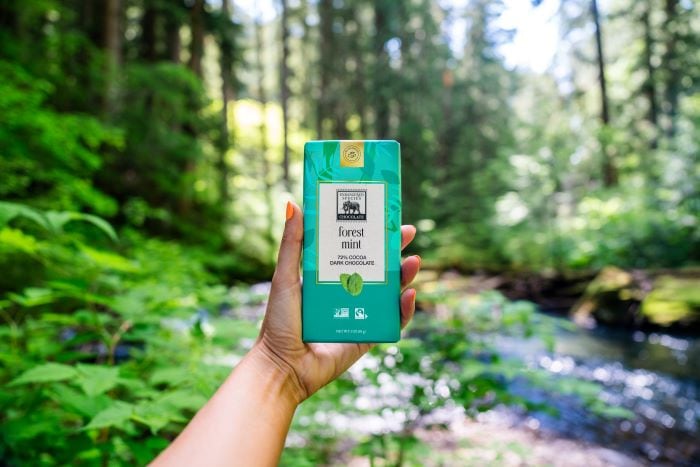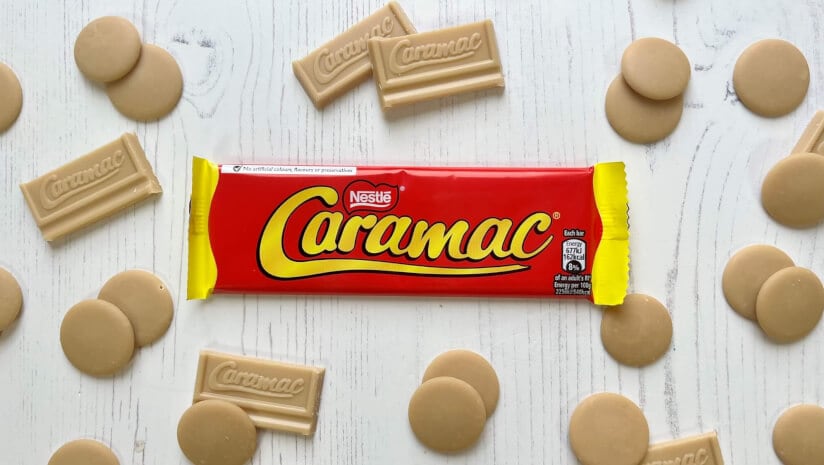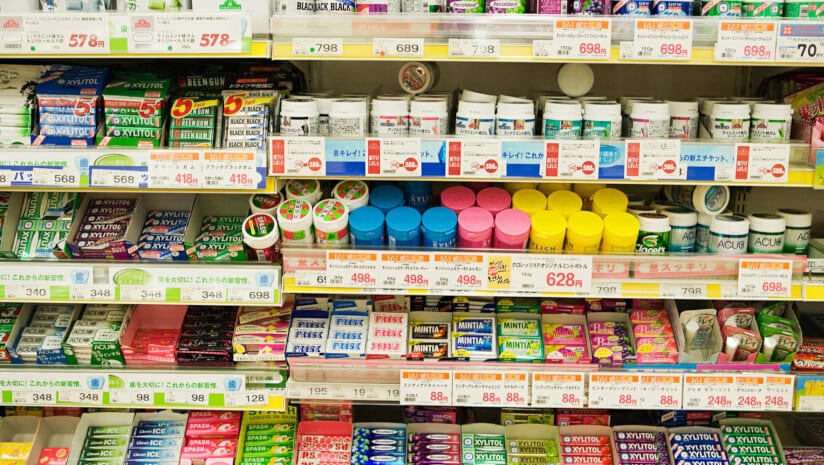Endangered Species Chocolate (ESG) has environmental philanthropy baked into its brand. Since 2016 it’s donated $3.3m to charitable partners including the African Wildlife Foundation and the Rainforest Trust.
Now it’s gone one step further by joining with 4ocean, an organisation which removes plastic rubbish from the ocean on behalf of its commercial partners through its One Pound Promise Initiative.
4ocean links the removal of a pound of debris from the ocean directly to its clients sales, be they products or services. In ESG’s case it means a pound of plastic is collected for every bar sold, earning the firm the first ocean plastic neutral approval for a confectioner.
Working to end the plastic crisis
4ocean is a business, not charity or non-profit, but it is a public benefit corporation, which means it’s legally required to prioritise its social and environmental impact as well as shareholder value. To date the firm has reclaimed 38m pounds of trash, efforts that are funded by corporations who donate on behalf of their employees, fund one-off cleanup operations or mitigate plastic use by linking sales to donations to 4ocean’s work as in the case of ESC.
In the US, only 3% of all philanthropy goes to environmental causes
The US-based chocolatier believes its new partnership and resulting ocean plastic-neutral status represents a significant step towards sustainability and environmental responsibility in the chocolate industry. With 90 of its products already recyclable, ESC’s production stream still results in approximately 19,000 pounds of non-recyclable plastic.
To remove this environmentally unfriendly plastic from its production stream, ESC joined forces with 4ocean to remove 19,000 pounds of plastic from oceans and waterways. The programme will see ESC offset its remaining 10% while it continues to find innovative ways to avoid plastics altogether.

“Through our partnership and investment with 4ocean, each dollar invested means one pound of trash is removed from our world’s oceans, rivers, and coastlines,” says Whitney Bembenick, Chief Revenue Officer at ESC.
It’s part of ESC’s restorative business practices that “do good, better”, making positive and lasting change. “ESC has always been conscious of its sustainability practices and will continue to find ways that reduce its waste footprint,” says Bembenick.
Making plastic pledges
Here’s a look at other confectionery brands launching their commitments:
- Back in 2021, plant-based chocolate brand Prodigy announced it had become the UK’s first plastic negative chocolate. It teamed up with plastic pollution solutions company rePurpose Global to fund the removal, processing and reuse of ten ocean-bound single-use plastic wrappers for every single bar sold.
- In 2024, Nestle shared its aim to make 95% or more of its plastic packaging suitable for recycling by 2025. It also said it remains committed to achieving 100% and ensuring all of its packaging is recyclable or reusable. As of the end of 2023, 83.5% of its plastic packaging was designed for recycling.
- In 2022, plant-based and low-sugar candy brand Healthy Hippo announced its carbon neutral certification by partnering with carbon management platform, Planet FWD.




